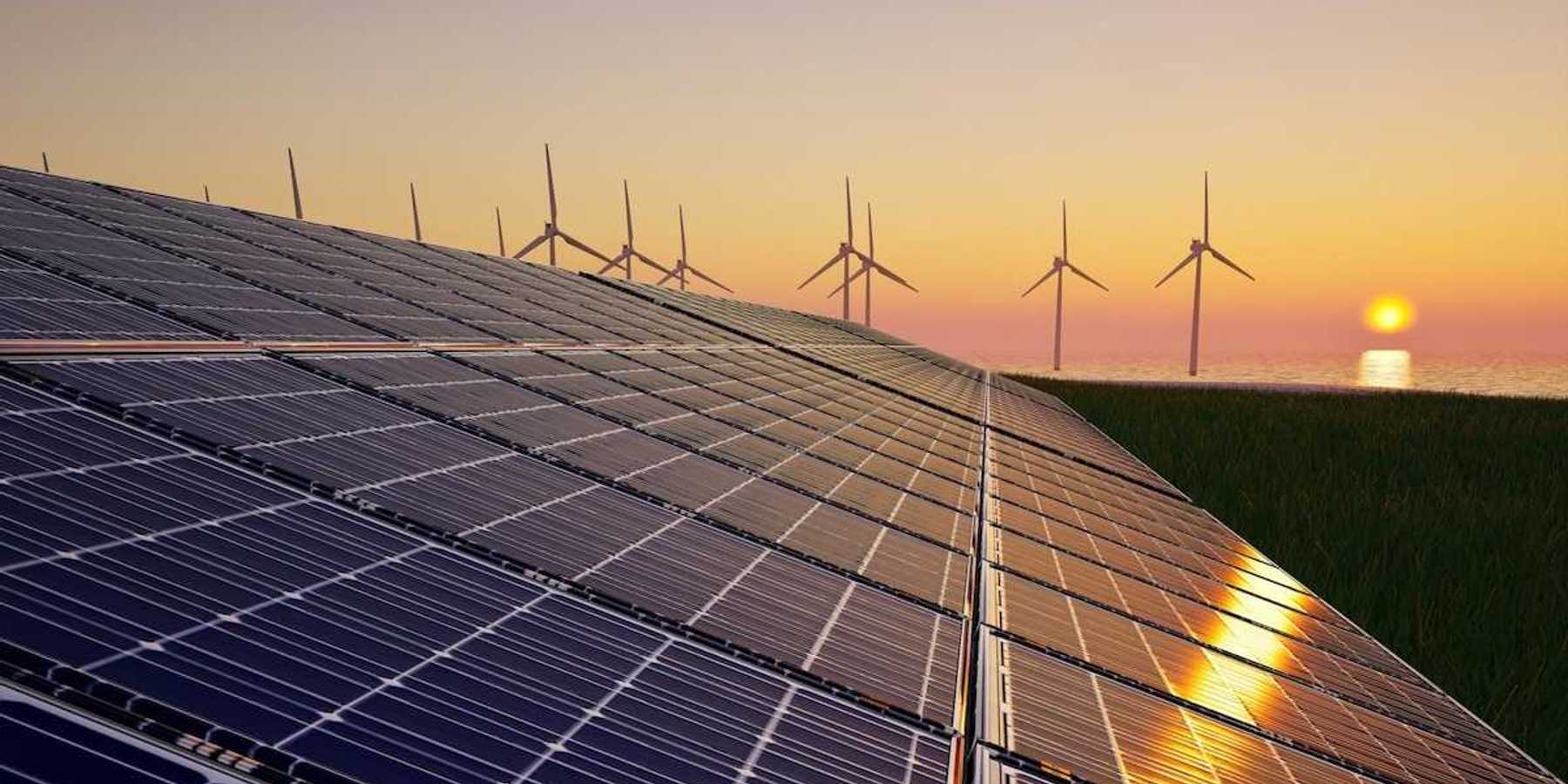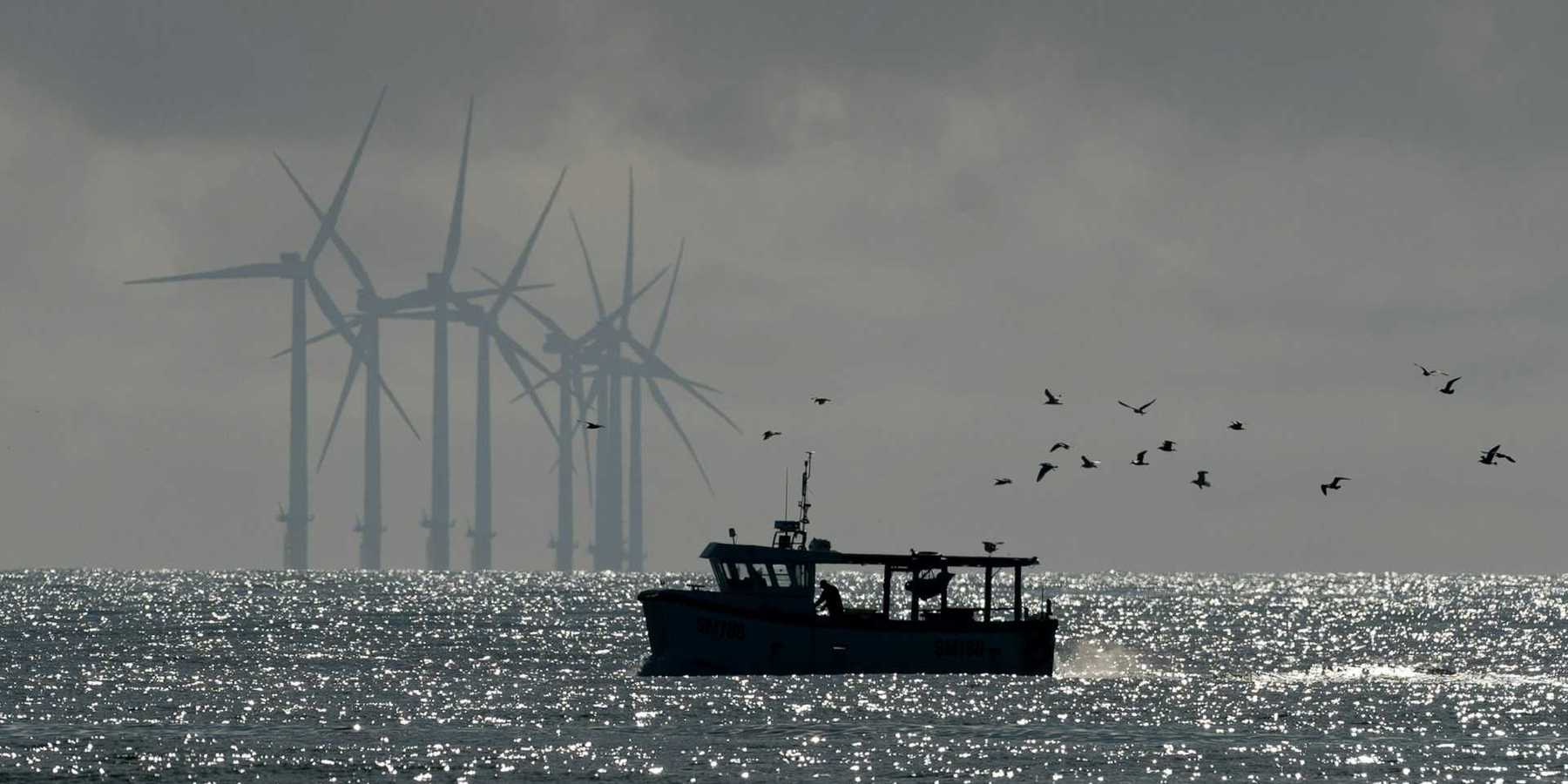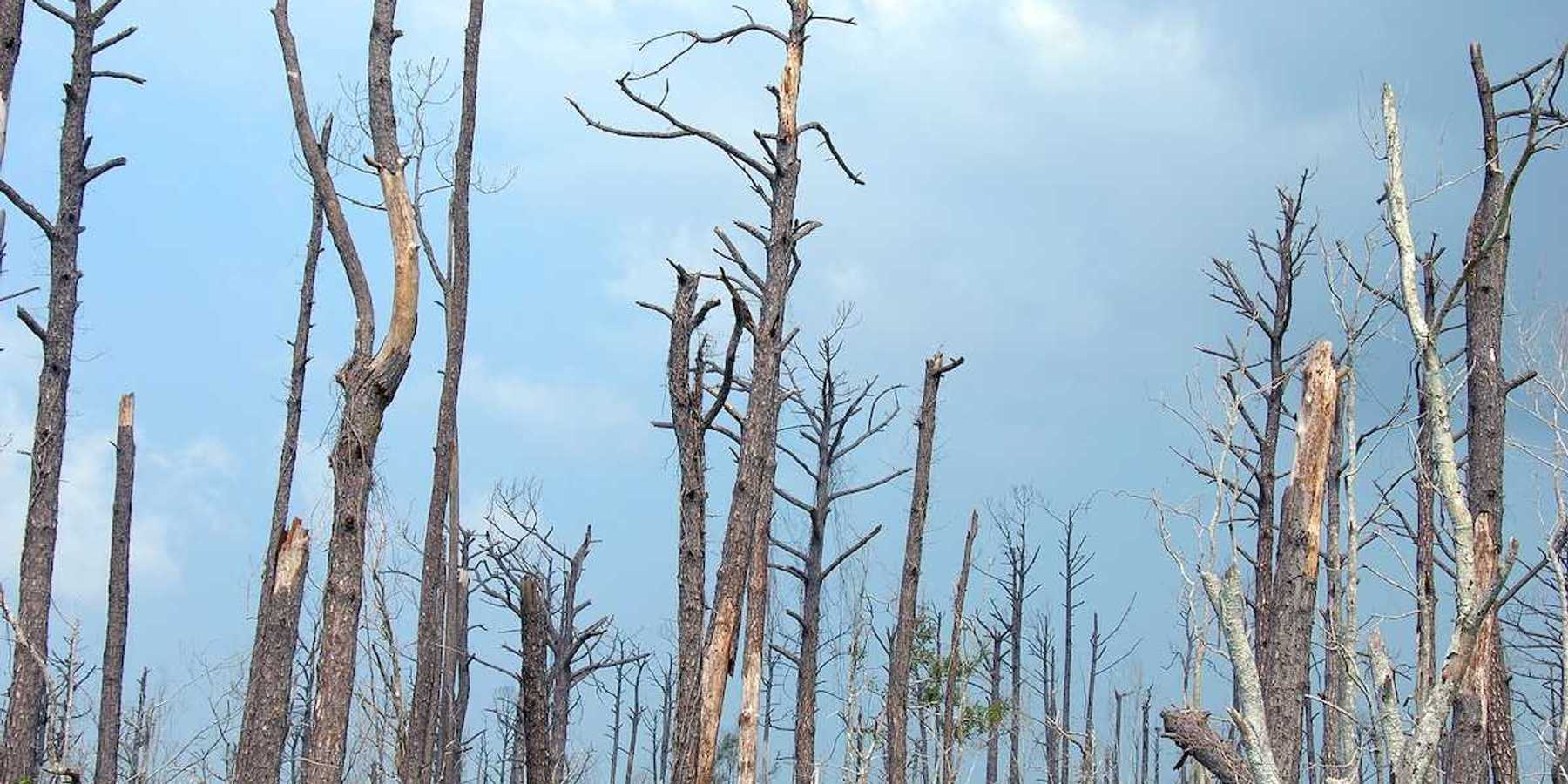Government scrutiny of anti-pipeline activists revealed in FBI documents
Newly released FBI documents uncover early government surveillance of Keystone XL pipeline protesters, highlighting a decade-long campaign against environmental activism.
Adam Federman reports for Grist.
In short:
- The FBI began monitoring Native groups opposing the Keystone XL pipeline as early as 2012, a year earlier than previously known.
- Documents suggest a broad law enforcement strategy to counter civil disobedience against fossil fuel extraction, with young Native activists among the first targets.
- The surveillance extended to various federal agencies, indicating a comprehensive approach to monitoring environmental protests.
Key quote:
“The threat emerging … is evolving into one based on opposition to energy exploration related to any extractions from the earth, rather than merely targeting one project and/or one company.”
— FBI document
Why this matters:
This revelation underscores the intersection of environmental activism and government surveillance, raising concerns about the balance between national security and the right to protest. It also highlights the ongoing struggle for environmental justice and the protection of Indigenous rights in the face of large-scale energy projects.
How Native tribes, hell-raisers and lawyers have combined to battle pipeline projects.













